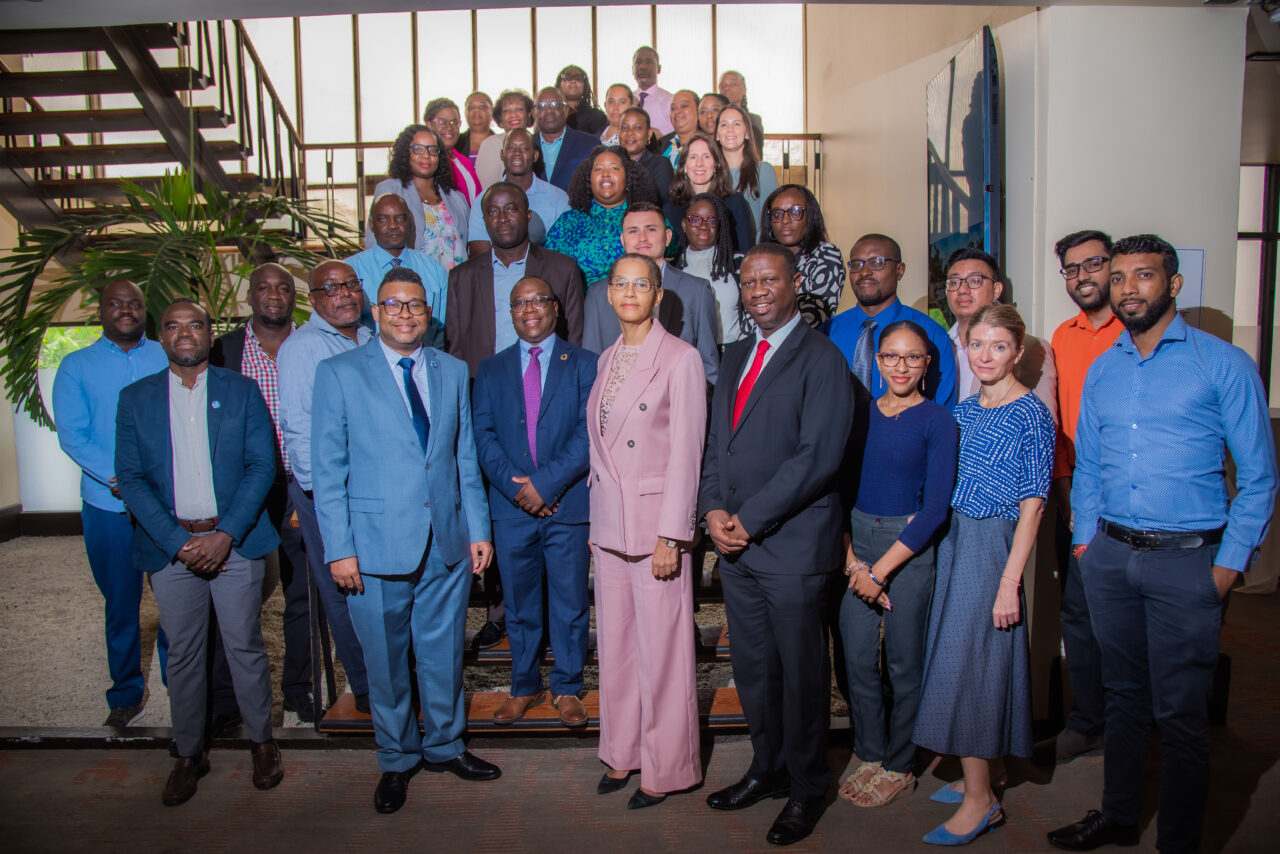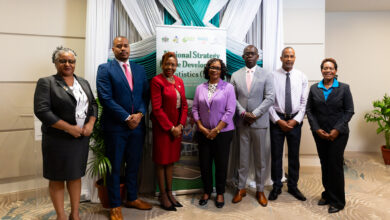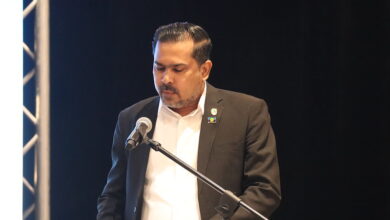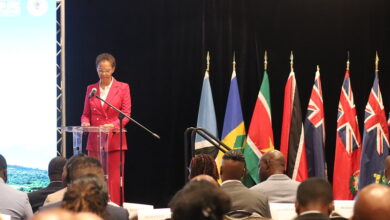Regional statisticians and agriculture stakeholders are participating in a workshop in Trinidad and Tobago aimed at building capacity to measure and monitor food security and nutrition (FSN).
Representatives from the CARICOM Secretariat, the Food and Agriculture Organisation of the United Nations (FAO), Ministries of Agriculture, National Statistical Offices, Food and Nutrition specialists, and other regional and international organisations, are at the week-long workshop which is coordinated by the CARICOM Secretariat and the FAO.
Among the objectives of the workshop are:
- enhancing Member States’ capacity to analyse existing national data to estimate food security and nutrition and the cost and affordability of healthy diets, and
- integrating the results into their food price monitoring systems
The workshop is being held as the Region undertakes key initiatives to reduce its food import bill, and coincides with the emphasis being placed on food security and nutrition within the global statistical context.

Delivering remarks, Mr. Halim Brizan, Director, Regional Statistics Programme, CARICOM Secretariat, pointed out that the rising cost of food was a key motivator to convene the capacity-building workshop. He also alluded to the escalating challenges CARICOM faces, such as the impacts of climate change, supply chain disruptions, economic pressures and global trade conflicts, and health crises.
Mr. Brizan also drew attention to the importance of acknowledging the complexity of food security, which comprises four key dimensions: availability, access, utilisation, and stability.
“While the primary focus of this workshop is on measuring food access through the Food Insecurity Experience Scale (FIES) and the methodology developed to calculate the cost and affordability of a healthy diet, attention will also be given to food utilisation through the Diet Quality Questionnaire (DQQ). Although physical and economic access to food, as well as food acquisition are necessary for ensuring food security, they are insufficient on their own, which justifies the need for assessing diet quality,” he explained.
He said continued collaboration with National Statistics Offices, Ministries of Agriculture, custodian agencies, and other regional entities is necessary to develop robust statistical systems to reliably track affordability of healthy diets and shed light on the broader barriers to food security beyond high food costs.
The workshop is being held as the Community observes a year of statistics under the theme ‘Improving lives through statistics; strengthening and innovating together’.






